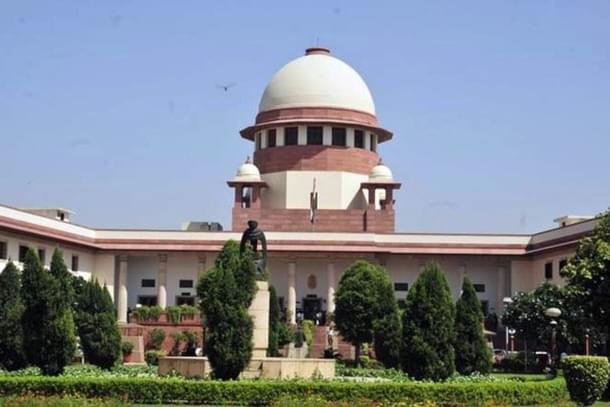News Brief
Supreme Court Lays Down Eight Factors For Deciding Alimony Amid Bengaluru Techie Suicide Case—All About It
Kuldeep Negi
Dec 12, 2024, 10:05 AM | Updated 10:05 AM IST
Save & read from anywhere!
Bookmark stories for easy access on any device or the Swarajya app.


The Supreme Court has laid down a number of conditions and factors that should be considered by all courts across the country to base their orders on the criteria for alimony.
This comes amid the ongoing debate surrounding the suicide of Bengaluru-based techie Atul Subhash, who had alleged harassment by his wife and in-laws.
Atul Subhash, a native of Bihar, recorded an 80-minute video before his death, alleging that his wife Nikita Singhania and her family filed numerous cases against him and his relatives to extort money.
In his 24-page suicide note, he also criticised the justice system.
While deciding a divorce case, a Supreme Court bench comprising Justice Vikram Nath and Justice PV Varale advised all the courts across the country to base their orders on the eight factors mentioned in the judgment.
The eight points are:
Social and economic status of husband and wife
Basic needs of wife and children in the future
Qualification and employment of both parties
Means of income and property
Wife's standard of living while living in in-laws' house
Has she left her job to take care of the family?
Reasonable amount for legal battle for a wife who is not working
What will be the financial status of the husband, his earnings and other responsibilities along with alimony.
The factors, said the top court, do not form a simple formula but serve as guidelines while fixing permanent alimony.
"It is also necessary to ensure that the amount of permanent alimony should not penalize the husband but should be made with the aim of ensuring a decent standard of living for the wife," said the Top Court, NDTV reported.
In a separate case, a bench of Justices BV Nagarathna and N Kotiswar Singh dismissed a dowry complaint against a man and his parents, observing that the provision is sometimes exploited as a tool for personal vendetta against the husband and his family.
Subhash, a 34-year-old Bengaluru-based engineer, died by suicide on 9 December, leaving a 1.5-hour video and a 24-page note accusing his wife and in-laws.
Subhash was found dead in his Bengaluru apartment. He accused his wife Nikita of filing false cases against him, with claims of dowry demands, unnatural sex, and murder, as per the note found by police.
The note described Subhash’s years-long struggle, which involved legal disputes in a family court in Jaunpur, Uttar Pradesh. It also mentioned Nikita’s demands for high maintenance payments and her behaviour during court proceedings.
Also Read: 2034 Football World Cup Goes To Saudi Arabia: FIFA's Uncontested Choice Draws Criticism
Kuldeep is Senior Editor (Newsroom) at Swarajya. He tweets at @kaydnegi.





